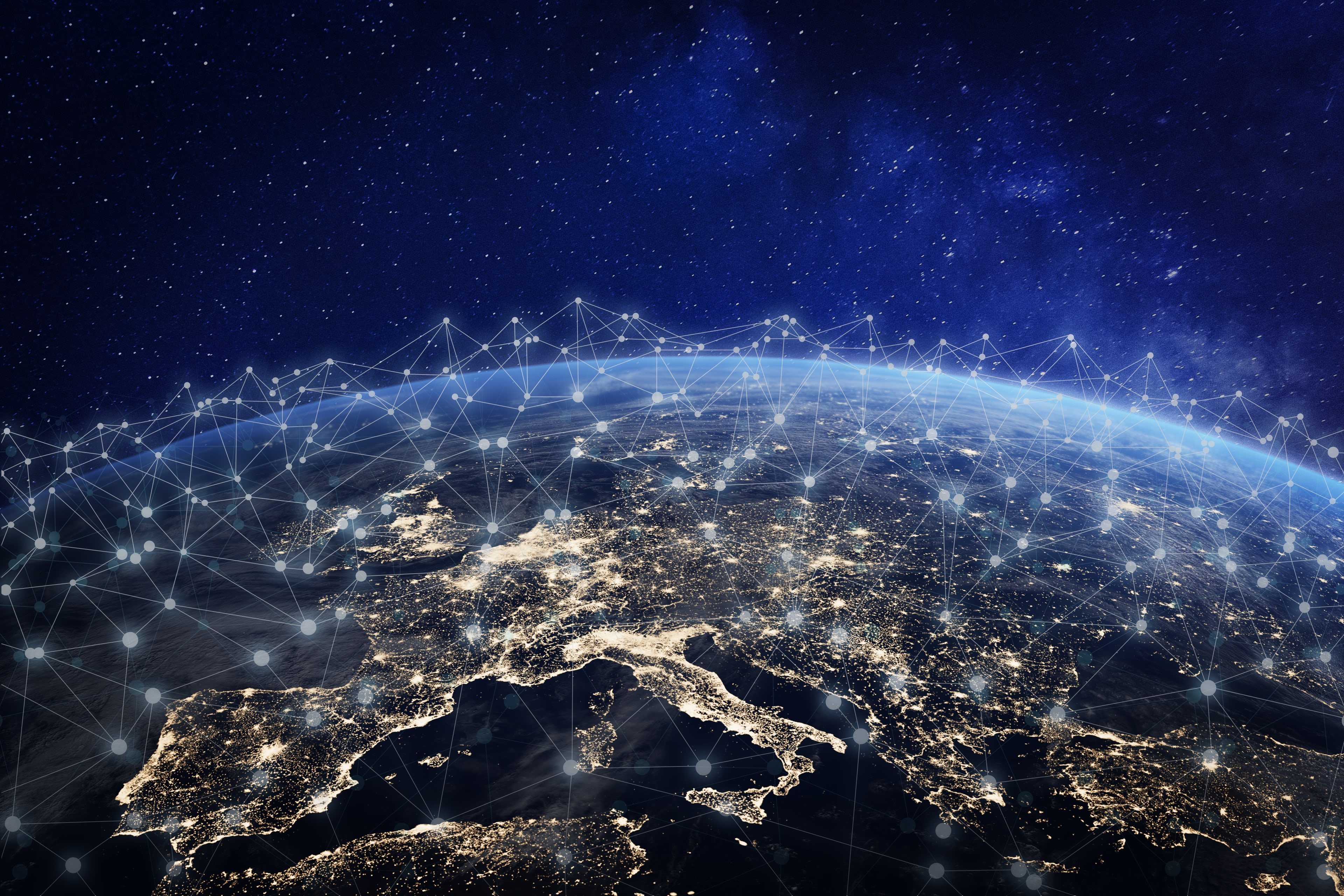Europe is the Leading Development Donor

In 2018, the EU and its Member States donated more than €74.4 billion to help eradicate poverty and inequalities. This means that Europe donated almost 57% of all global foreign aid – and by far, the most aid worldwide. By comparison, the second largest global donor, the US, contributed 22%.
This financial aid is given through the EU’s development policy, which is a crucial component of foreign policy. It structures the way the EU cooperates with other countries, and it is a strategic way of promoting Europe’s values globally.
Typically, aid is given to developing countries to strengthen democratic and judicial institutions, increase access to education and healthcare, boost employment, and promote values like gender equality. The EU also donates humanitarian aid in cases of war, famine, or natural disasters.
While this aid targets other countries’ needs, it also addresses the EU’s own political, environmental, and security priorities. For instance, in 2015, the EU Emergency Trust Fund for Africa was created, to tackle the root causes of instability, irregular migration and forced displacement. Up until the end of 2018, EU institutions, EU Member States and other donors have so far allocated €4.1 billion to the Trust Fund.
Because of its development policy, the EU can position itself as a global actor that defends universal rights and freedoms. As a result, millions of people are given opportunities for a better life. However, we as EU citizens also benefit. It is in our interest to help countries develop sustainably, not just because it is the right thing to do, but also because we need all countries to be able to democratically participate in tackling global crises like climate change, preventing wars, and ending poverty.
